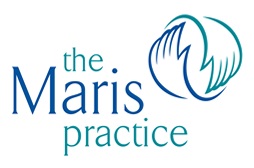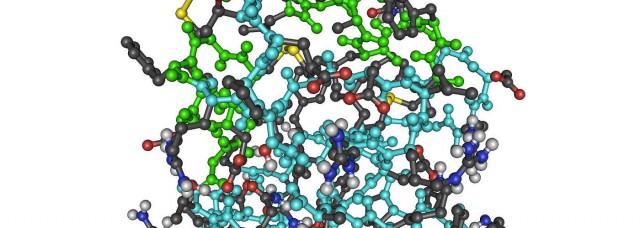We often underestimate the importance of our hormones when it comes to our health and well-being. We also forget that what we put in our mouths really does have an impact on our bodies hormonal balance. Often unless we have a particular issue with fertility or PMS we don’t really give hormones a second thought! Yet these impact on our metabolism, our mood, appetite, skin, sex drive and overall health.
What are hormones, exactly?
Hormones are special chemical messengers in the body that are created in the endocrine glands. They are secreted into the blood, which transports them to organs and tissues to carry out their functions. We have many types of hormones that take care of jobs including growth, reproductive health and mood.
Hormonal imbalances can lead to osteoporosis, growth issues in children, kidney function problems, mood changes, weight gain and even issues like ovarian cysts. When an imbalance occurs, it can be related to age, diet and nutrition, illness or stress. In short hormone imbalance can debilitate you.
Your diet can help balance your hormones and improve your overall hormonal health. Even if you feel relatively healthy, a better diet will make you feel better and allow you to perform at your best (at work, at sport, in your family life).
A nutritional therapist can provide detailed analysis and support in helping you with a diet to help with hormonal imbalances.
Eat enough protein at every meal
Dietary protein provides essential amino acids that your body can’t make on its own and must be consumed every day to maintain muscle, bone and skin health. In addition, protein influences the release of hormones that control appetite and food intake. Protein doesn’t just come from meat, there are plenty of plant based options.
Eat the right fats
- Choose organic butter, coconut oil and olive oil over man-made fats (such as margarine and vegetable oil).
- Choose fatty fish for by far best source of omega-3 fatty acids which also have impressive anti-inflammatory properties.
- Even some vegetables (the old favourite, Avocado) are an excellent source.
Balance blood sugar
Reduce your sugar intake (both refined and natural), eat protein at every meal, and follow a low-hypoglycaemic-load way of eating. Plenty of nuts and grains are a good start. Re-teach your body to crave fruit for a ‘sugar-kick’ instead of a bar of chocolate.
Cut back on coffee and other caffeine
Too much can increase your stress hormones, causing high insulin levels and inflammation in the body. It is addictive and withdrawal does cause symptoms (including headaches, tiredness, and anxiety). You may also be surprised to know what caffeine is found in; for example decaffeinated coffee (a lot less than standard coffee but not free from it), some cold and flu tablets and energy drinks. So look for your energy boost via other means; exercise and healthy eating provide more consistent improvements. However, when you just need a quick ‘pick me up’, try a banana, a handful of nuts or even herbal teas (peppermint, ginger and lemongrass are all good options).
What else?
Other ways to help you address hormonal imbalance can also be found in your day to day lifestyle and are as simple as considering a few changes such as;
Avoid Xoestrogens: These are the hormone disrupters found in plastics, household chemicals and pesticides.
Buy organic food where possible.
Switch your household products (i.e. Ecover and Pyrex glass food storer).
Avoid microwaving food in plastic containers.
Makeover your make-up bag: We absorb up to 60 per cent of what we put on our skin so try to use the cleanest products you can.
Sleep more: Lack of sleep has been proven to cause raised levels of a hormone linked to increasing hunger. Make sure your room isn’t too hot and turn off laptops or phones an hour before bed.

